St David’s Day may has passed, but what are the other days that should be marked in your calendar to celebrate Welsh culture?
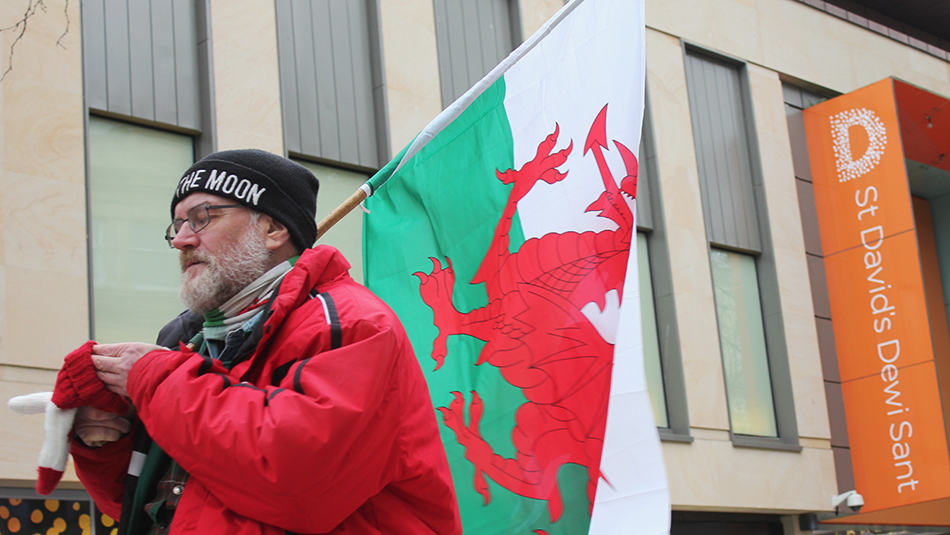
What other events can people participate in to learn about Welsh culture? From a one-week festival to learn Welsh culture to eating traditional Welsh food, you can find a variety of events that you are going to enjoy.
Dydd Gŵyl Dewi – 1 March
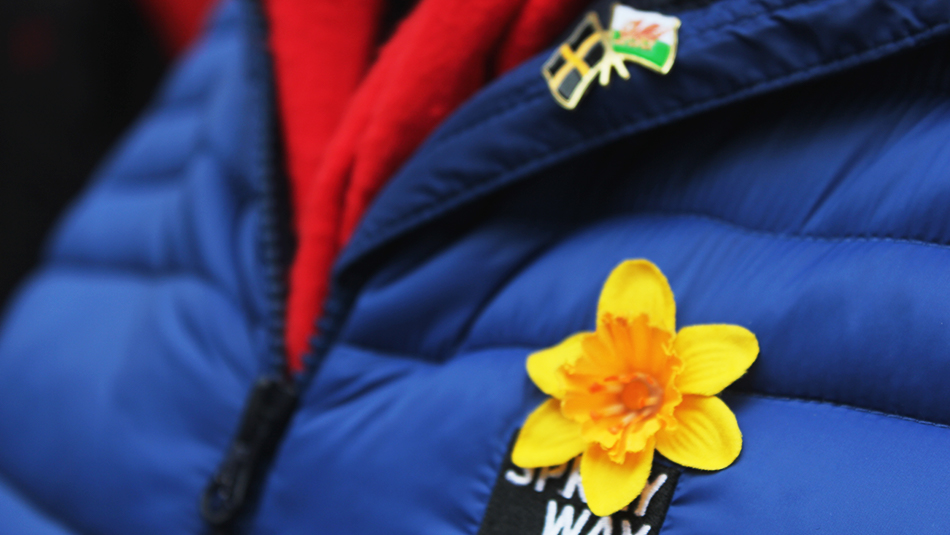
The national day of Wales is the feast day of St David. He founded 12 monasteries and was named Archbishop of Wales in 550. Since the canonisation of David in the 12th century, people across Wales have held parades on St David’s Day to the present. Everyone can join the celebration.
Gŵyl Gregynog – June
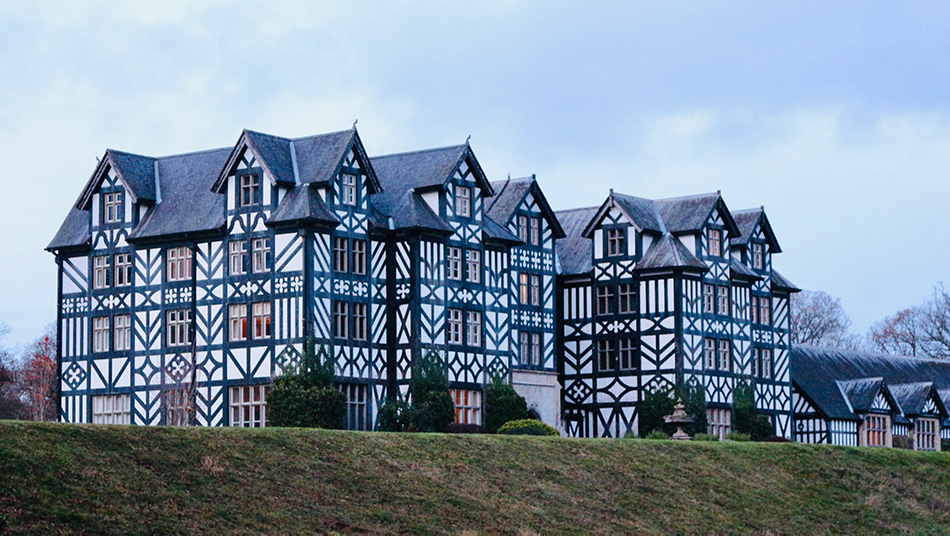
Music fans’ attention! Gregynog Hall in the small village of Tregynon near Newtown holds the oldest extant classical music festival in Wales each June. The Gregynog Music Festival dates back to as early as 1933.
Royal Welsh Show – July
Visitors can watch livestock competitions at the four-day agricultural event. Not an animal lover? The daily program includes everything from forestry and horticulture to countryside sports and shopping. The first show was held in 1904. Llanelwedd, near Builth Wells, now is the permanent showground.
National Eisteddfod – August
The one-week annual festival takes place in a different location each year. Not a Welsh speaker? There is a Welsh learners tent for everyone to learn a few phrases. No matter if you are coming along or with a family, you can end up enjoying a variety of music, dance, drama, and workshops.
National Welsh Rarebit Day – 3 September
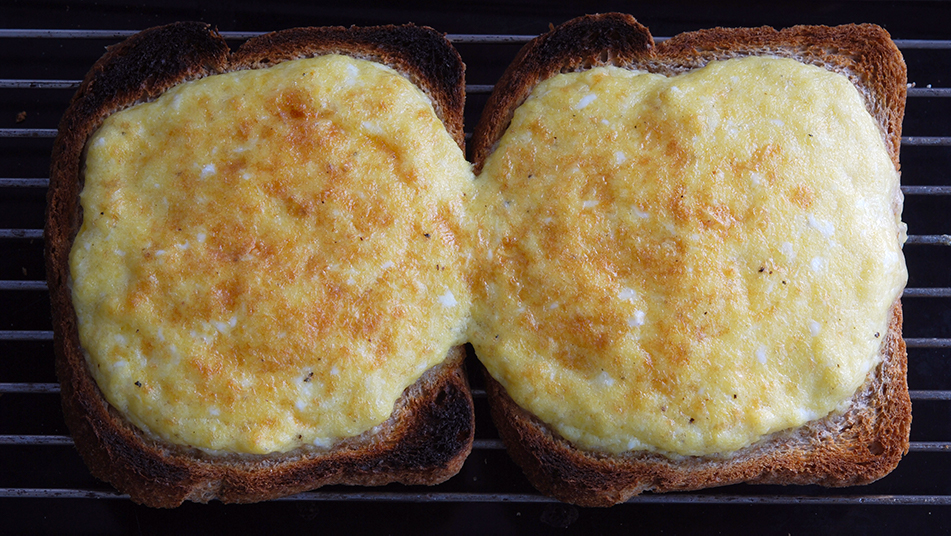
It has nothing to do with rabbits. Instead, it may be something that you eat regularly, and you don’t know the name of it. People call it rarebit instead of cheese on toast in Wales. In the 18th century, Welsh Rarebit was served as a delicious supper, but nowadays, you can enjoy it as a snack or whatever way you like.
Owain Glyndŵr’s Day – 16 September
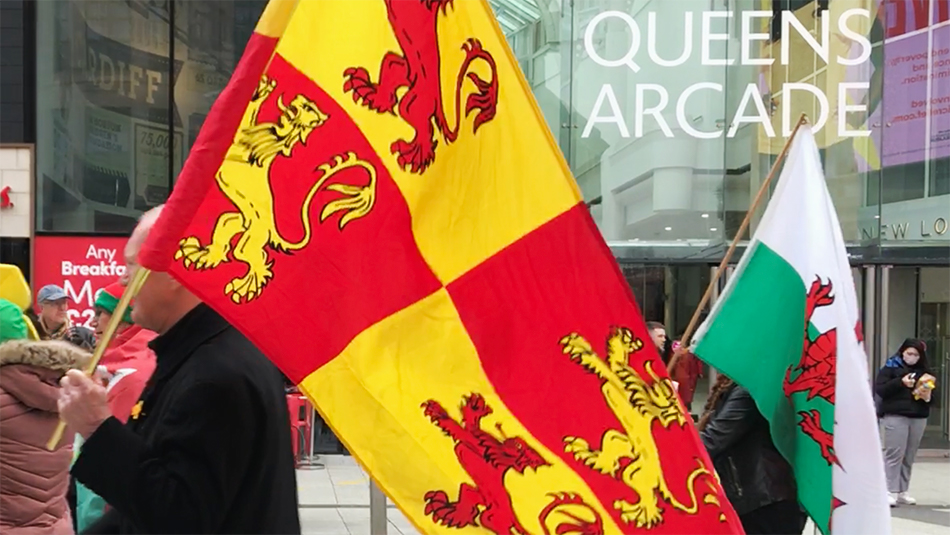
The last Welsh-born Prince of Wales proclaimed his title on 16 September 1400. Rebelling against English rule, Owain Glyndwr has been deemed a national hero. People fly the Owain Glyndwr flag to celebrate the day.
Calan Gaeaf – 1 November
Winter is coming! Clan Gaef marks the first day of winter and the harvest festival in Wales. The night before is called Nos Calan Gaeaf. Traditionally, villagers dance around a fire on Nos Calan Gaeaf. They avoid churchyards as it was thought that spirits gathered in those places.
Mari Lwyd – December to mid-January
If you live in a village in South Wales, a dead horse may visit your home in December. Mari Lwyd, or Gret Mare, who carries a horse’s skull on a pole, visits from door to door. Be rude to Mari! Traditionally, Mari sings Welsh songs and exchanges rude rhymes with the resident.
Hen Galan – 13 January
Another new year! Near Fishguard, people in Cwm Gwaun valley follow the old Julian Calendar and celebrate the new year, known as Hen Galan. The Julian Calendar was abandoned in 1752, but the local people still sing festive rhymes and children knock on door-to-door to keep the tradition alive.
Dydd Santes Dwynwen – 25 January
Don’t wait for Valentine’s Day – St Dwynwen’s Day is another chance for couples to stay together! St Dwynwen is the Welsh patron saint of lovers. In other words, she is the Welsh version of St Valentine. Reserve your day and learn the Welsh phrase Rwy’n dy garu di, which translates to ‘I love you’.
(updated on 7 Mar)
